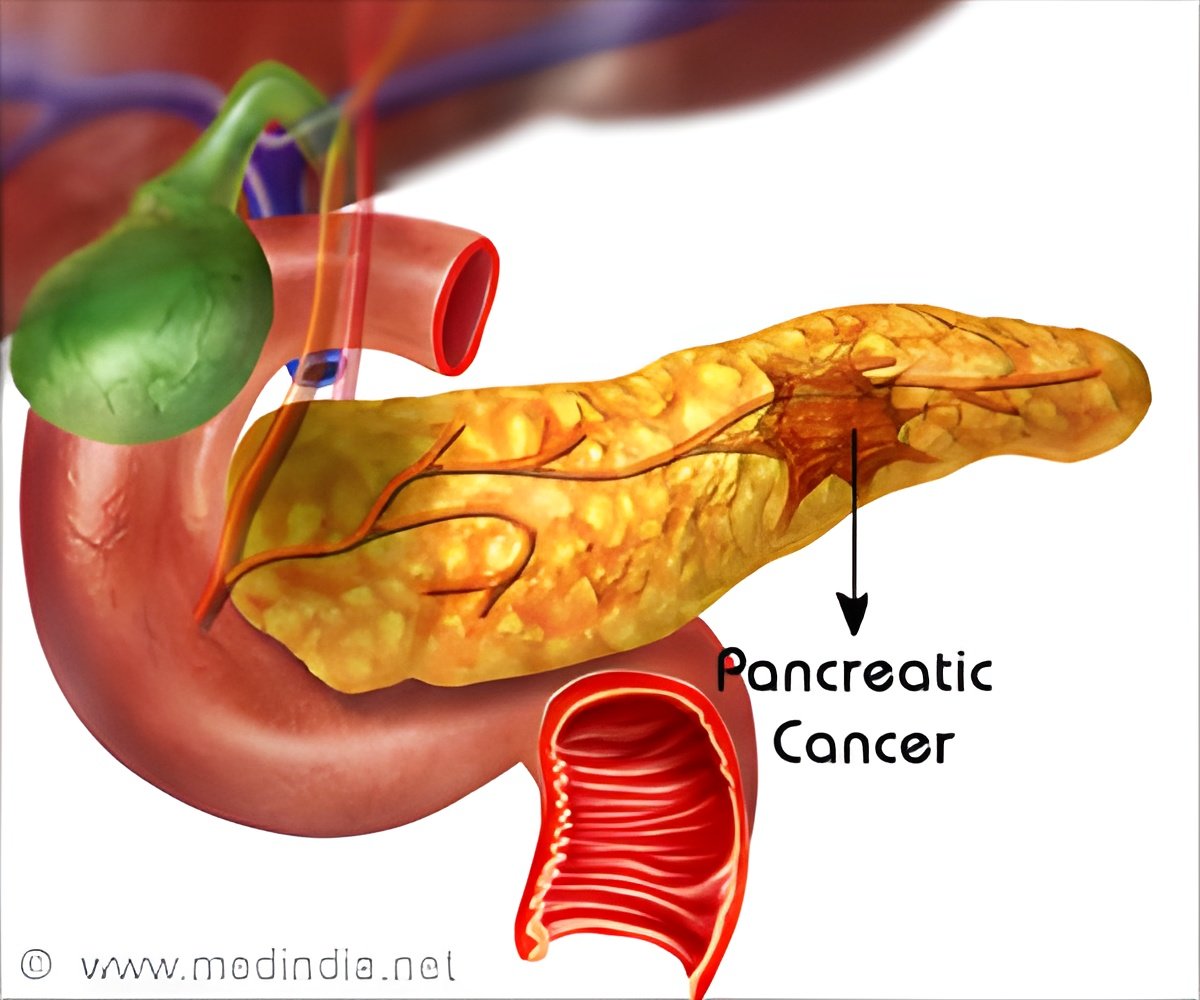Tumor DNA in the blood samples of pancreatic cancer patients may serve as a prognostic biomarker for diagnosis.

- Pancreatic cancer has the worst survival rate when compared to all other cancers.
- Circulating tumor DNA in the blood can serve as a prognostic biomarker for pancreatic cancer.
- Further research is required to know the predictive value of the biomarker in detecting the pancreatic cancer.
Around 10-15% of the patients need to remove the tumor during diagnosis. Identifying a biomarker is essential for patients with pancreatic cancer.
Research Study
The research team initiated the study five years ago by collecting blood samples from pancreatic cancer patients with the aim of identifying biomarkers to detect pancreatic cancer.
Blood samples from 135 patients with pancreatic cancer were analyzed, out of which 31 patients had resectable tumors, 36 had locally advanced disease (LA) and 68 had metastatic cancer which can spread to other parts of the body.
They extracted DNA from blood samples and used a NGS analysis method (Next Generation Sequencing) to detect low-allele frequency mutation. They can also be screened by picoliter droplet-based digital PCR (dPCR).
Out of the 104 patients, 50 of them had detectable circulating DNA. After a period of 34.2 months, 76 of them died. The overall survival rate was 19months in patients who had no detectable circulating tumor DNA when compared to 6.5 months in patients with circulating DNA.
Out of the 31 patients with resectable disease, 6 of them had detectable circulating tumor DNA. After a period of 33.3 months, 23 of them had recurrence and 13 of them died.
The disease-free survival was 17.6 months in patients with no detectable circulating tumor DNA when compared to 4.6 months with detectable DNA. The overall survival was 32.2 months versus 19.3 months.
Bachet said, "Our results demonstrate the utility of circulating biomarkers in subclassifying cancers and managing treatment."
"We need to confirm these results in prospective clinical trials to better assess the predictive value of this biomarker in light of the dynamic biological changes that occur during treatment."
Study Limitation
Blood samples from the patients were not collected before surgery. Therefore researchers failed to give data regarding pre-operative circulating tumor DNA.
Facts on Pancreatic Cancer
- Pancreatic cancer is the twelfth most common cancer in the world.
- It has the worst survival rate of all the common cancers.
- Most of the people with pancreatic cancer are above the age of 50 years.
- Early diagnosis of pancreatic cancer is the key for treatment.
- Jaundice
- Back Pain
- Weight loss
- Nausea and vomiting
- Gall bladder enlargement
- Diabetes
- What is pancreatic cancer? - ( http://www.cancer.org/cancer/pancreaticcancer/detailedguide/pancreatic-cancer-what-is-pancreatic-cancer)
- 15 Key Facts on Pancreatic Cancer - ( http://www.ecpc.org/edu/pancreas/159-edu/pancreas/249-15-key-facts-on-pancreatic-cancer)
- Signs and symptoms of pancreatic cancer - ( http://www.cancer.org/cancer/pancreaticcancer/detailedguide/pancreatic-cancer-signs-and-symptoms)
Source-Medindia















